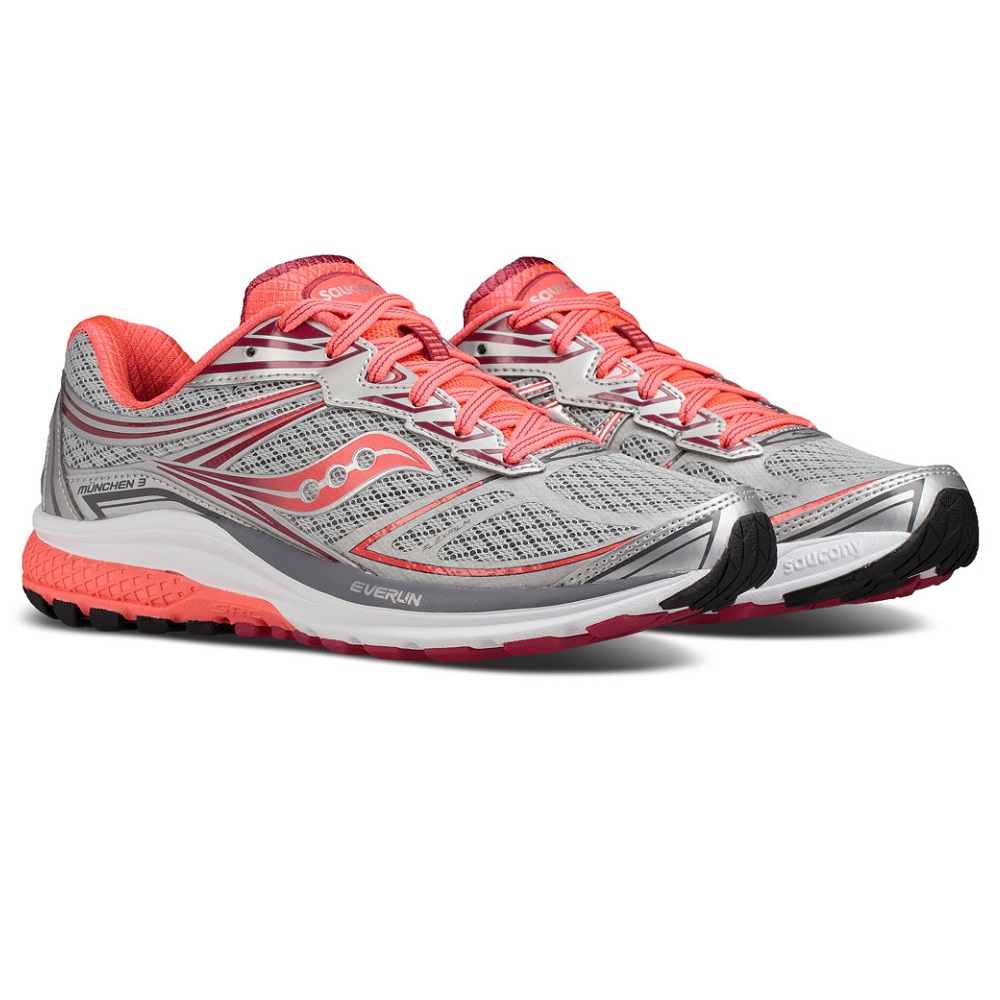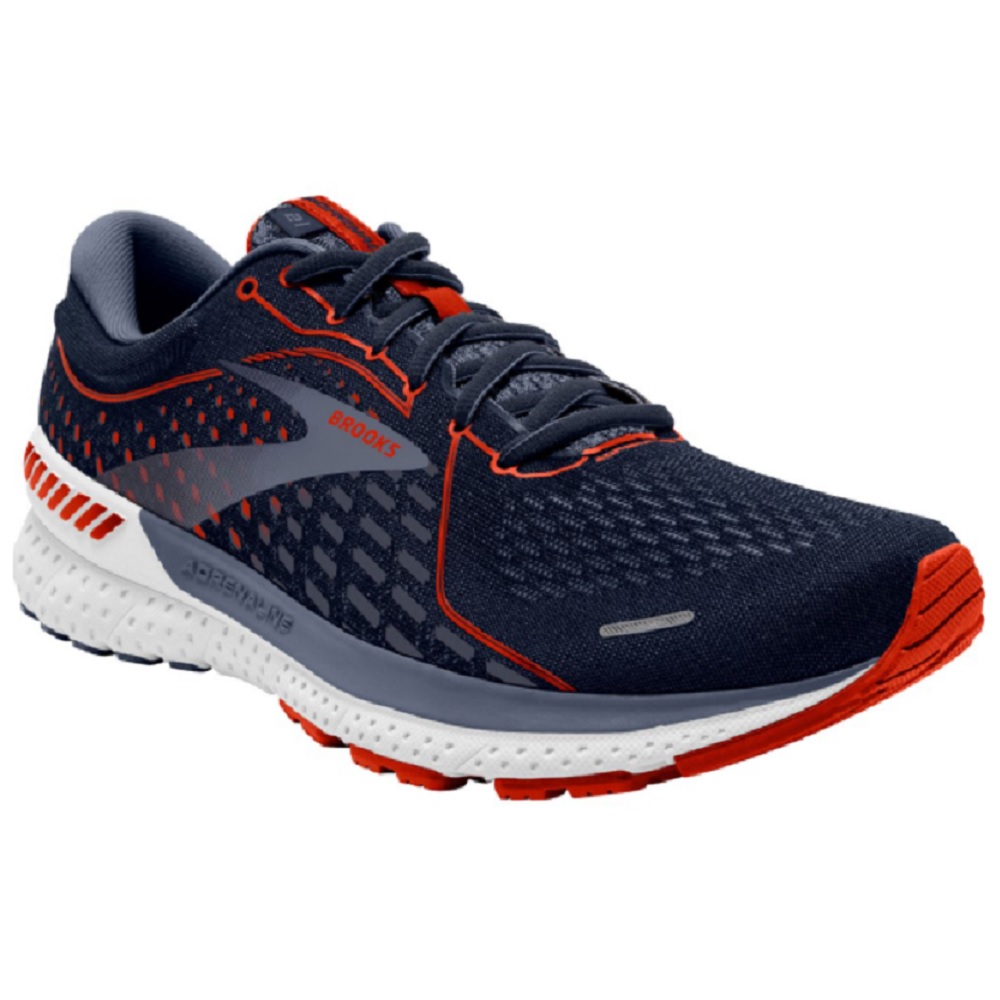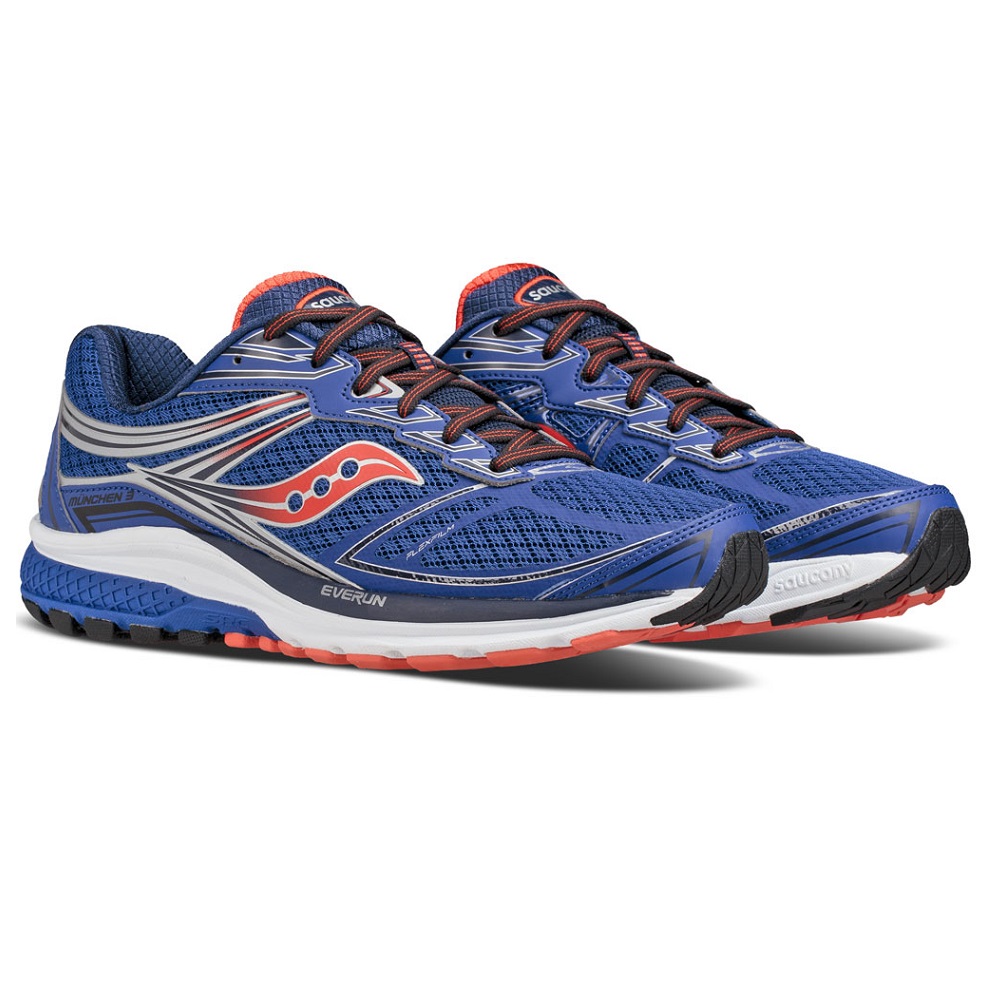Nutritional Information
Nutritional Links
Runnersworld's Guide to a Great Half Marathon
Fluid Facts
What to eat: pre race
What to eat: recovery
Fluid Facts
Fluid Facts
Why is fluid intake so important for runners?
- Fluid is a vital part of any athletes diet for three main reasons: it helps us to get rid of heat through the skin by sweating; it helps the body to get rid of waste products and toxins in urine and also helps to transport glucose in the blood to our muscles so that we can exercise. Without it the body can not perform at its best and a dehydrated runner will end up going nowhere fast.
Which fluid should I choose?
- Water is the most important fluid for anyone - runners included. You can splash out pounds on sports drinks but none of them will supply your body with any more fluid than plain old water at a fraction of the price. It is easy to digest, quickly absorbed and, combined with a healthy sports diet, is the perfect fluid for anyone running for less than 90 minutes.
- Watery foods are another good choice for boosting your fluid intake. Eat plenty of fresh fruit, tomatoes, soups, cucumber and other snacks with a high water content.
- Sports drinks usually have some added extras in the form of either carbohydrate or electrolytes, the body salts lost through sweat. Studies have shown that carbohydrate drinks are most effective in intensive exercise which lasts for 90 minutes or longer, such as a marathon. But if you find a sports drink that suits you, there is no reason why you shouldn’t drink it on a more regular basis - if you can afford to! Look for drinks which contain long chain polysaccharides - easily digestible carbohydrate - which is quickly absorbed. Added electrolytes are unnecessary in a sports drink since water and a good post race diet will replace them just as well.
What is the difference between an isotonic sports drink and a hypotonic drink?
- Isotonic drinks contain particles of carbohydrate and/or electrolytes at the same concentration as the body’s own fluids which means they are absorbed into the blood stream at around the same rate as water.
- Hypotonic drinks contain particles that are less concentrated than body fluid which means they are more quickly absorbed by the body. It is thought that they increase the rate at which water is absorbed by the body and speed up the rehydration process.
- Hypertonic drinks are the third category of sports drink. They contain particles which are more concentrated than the body’s fluids and are absorbed more slowly. They are best used as a recovery drink or whenever you need extra energy during the day.
How do I know if I taken in enough fluids?
- A simple way to test if you are drinking enough is to check the colour of your urine. If it is bright yellow it is probably a sign that you aren’t drinking enough and your urine has become concentrated with metabolic wastes.
- Look out for warning signs that you may be dehydrated: feeling tired all the time, having headaches and general weakness could all be indications that you aren’t taking in as much fluid as your body needs.
When should I drink in a race?
- Rule number one is to drink before you feel thirsty. The sensation of thirst is your body’s way of telling you that it is already becoming dehydrated - the last thing you need during a race - and you could have lost about one per cent of your body weight by then. Start drinking fluids as early as you can and then take a few sips every 15-20 minutes throughout the race - remember that in very hot or humid weather you might need to drink more.
What should I do if I become dehydrated in a race?
- Unfortunately there is only one thing you can do and that is to stop running. If you don’t stop, your body will eventually make its own decision to call it a day. The only way around it is to make sure you are well-hydrated before you start and to keep topping up your fluid stores as you run.
Are there any fluids that I shouldn’t drink?
- You should avoid alcohol and caffeine based drinks such as tea, coffee and cola which all promote dehydration. Fizzy drinks can cause bloating and some of the popular soft drinks, such as cola, are laden with sugar but contain very little else.
What to Eat Pre Race
What to eat: pre-race
Is it important to eat something before I run?
- Yes. While some runners claim that they can run perfectly well on an empty stomach, all the scientific evidence is against them. Eating before you exercise means that some of the gastric juices in your stomach will be absorbed, leaving you feeling less hungry during the race. A high carbo meal will also fuel your muscles and help to prevent hypoglycaemia - low blood sugar levels - which can leave you feel unnecessarily tired. Above all it provides you with the psychological advantage that your body is ready to race.
What is the perfect pre-race meal?
- Research has shown that the ideal pre-race meal should be high in carbohydrate with a little low-fat protein to make it more digestible. Something like a cottage cheese sandwich, a chicken (no skin) sandwich or lightly scambled egg on toast is ideal. But, ultimately, the pre-race meal should could down to personal choice and you should try out as many different meals as possible before your training runs. If you know there is something that makes you feel that you have prepared perfectly for your race - whether it is jelly and ice-cream or pasta - then by all means carry on eating it. The fact that you believe it is doing you some good is half the battle.
When should I eat before a race?
- There are no hard and fast rules here - only to leave long enough for the meal to digest so that you don’t feel uncomfortably full. For some runners that means four hours, for others it might be two hours. In general, a large meal will take around four hours to digest, 2-3 hours for a smaller meal and up to 2 hours for a snack or liquid meal. Always test out your pre-race meal in your training runs and not in a race situation.
Do I need to carbo-load before a half marathon?
- As a runner, you should always aim to get around 60 -70 per cent of your calorie intake from carbohydrate-rich foods, but in the days leading up to a race of 90 minutes or longer it is possible to super-fuel your muscles through eating the right foods. Three days before you race, increase the percentage of carbohydrate-rich foods such as pasta, bread, potatoes and rice that you eat. It is important not to increase the total amount of food in terms of calories as this will leave you feeling bloated and heavy.
- Eating more carbos will make sure you muscles are stocked up with the glycogen they need for energy.
- The day before you race needs to be carefully planned. Think about what time your race starts the next day and plan your meal times accordingly. If your race has an early start time, for instance, have your last heavy meal at lunchtime, a lighter snack in the early evening and a high carbo snack, such as a couple of slices of toast, before you go to bed. Have a light breakfast the next morning and make sure you drink plenty of fluids in the 2-3 hours before you start.
What to Eat: Recovery Foods
What to eat: recovery foods
Is it necessary to eat and drink after a race?
- Yes. Your diet after a race influences how quickly you recover and how soon you will be able to run again. For elite athletes who run more than once a day, a good post-run diet means they can recover in time for their next training session.
What is the best drink to take after a race?
- Replacing fluids is one of the most important steps to take once you have crossed the finish line in a race and choosing the right sort of drink will give you a head start. The best choices for recovery fluids are:
- Fresh fruit juices: such as orange, pineapple and grape juice which supply carbohydrates, fluid and electrolytes. If the juice is too acidic, try diluting it with water to taste.
- Water: always a good standby and will replace fluids just as well as any commercial sports drink. Water combined with a good post-race diet will replace all the fluid, carbohydrate and body salts that you have lost.
- Watery foods: try to include at least a few watery foods such as cucumber, tomatoes and grapes in a post-race meal since they will also boost your fluid supplies.
- Sports drinks: the commercial sports drinks are specially designed to replace fluid and carbohydrates. Although they do this very effectively, they don’t replace vitamins and minerals.
How soon and how much should I eat after a race?
- Try to eat carbohydrate-rich foods in the four hours after you have finished your run or race. As a guideline, you should aim to consume 0.5g of carbohydrate for every pound of your bodyweight 2-3 hours after the finish. For someone weighing 9stone 7lbs, for instance, this would work out at around 66 grams of carbohydrate. Since one gram of carbohydrate contains 4 calories, this would be approximately 265 calories which you could obtain from a few slices of toast with orange juice, a bowl of breakfast cereals with a banana etc.
Do I need to add extra salt to my food to replace sodium losses?
- No. The food we eat contains more salt than most of us need and any sodium losses will be replaced as long as you eat a range of healthy foods to help you recover.
Is there anything else I can do to help me recover from the race?
- Rest. A hard race will deplete your body’s stores of glycogen and your muscles will need at least two days rest combined with your high carbo recovery diet to completely recover from your efforts.






